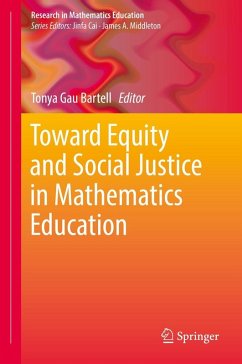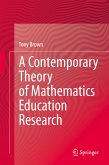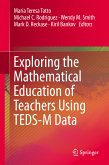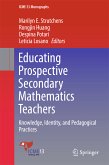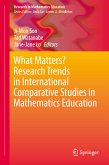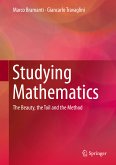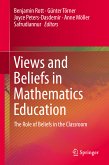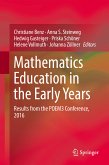This critical volume responds to the enduring challenge in mathematics education of addressing the needs of marginalized students in school mathematics, and stems from the 2015 Annual Meeting of the North American Group of the Psychology of Mathematics Education (PME-NA). This timely analysis brings greater clarity and support to such challenges by narrowing in on four foci: theoretical and political perspectives toward equity and justice in mathematics education, identifying and connecting to family and community funds of knowledge, student learning and engagement in preK-12 mathematics classrooms, and supporting teachers in addressing the needs of marginalized learners. Each of these areas examines how race, class, culture, power, justice and mathematics teaching and learning intersect in mathematics education to sustain or disrupt inequities, and include contributions from scholars writing about mathematics education in diverse contexts.
Included in thecoverage:
- Disrupting policies and reforms to address the needs of marginalized learners
- A socio-spatial framework for urban mathematics education
- Linking literature on allywork to the work of mathematics teacher educators
- Transnational families' mathematical funds of knowledge
- Multilingual and technological contexts for supporting learners' mathematical discourse
- Preservice teachers' strategies for teaching mathematics with English learners
Toward Equity and Social Justice in Mathematics Education is of significant interest to mathematics teacher educators and mathematics education researchers currently addressing the needs of marginalized students in school mathematics. It is also relevant to teachers of related disciplines, administrators, and instructional designers interested in pushing our thinking and work toward equity andjustice in mathematics education.
Dieser Download kann aus rechtlichen Gründen nur mit Rechnungsadresse in A, B, BG, CY, CZ, D, DK, EW, E, FIN, F, GR, HR, H, IRL, I, LT, L, LR, M, NL, PL, P, R, S, SLO, SK ausgeliefert werden.

